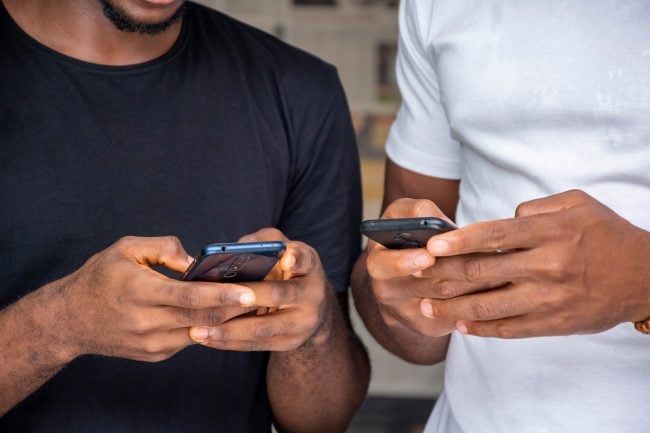 Another study peering into the lives of mobile users has highlighted the fickle relationship many consumers have with their smartphones, especially when it comes to payments.
Another study peering into the lives of mobile users has highlighted the fickle relationship many consumers have with their smartphones, especially when it comes to payments.
According a new survey of 1,200 U.S. adults by mobile-network analytics company RootMetrics by IHS Markit, consumers may have an affinity for mobile shopping, but they're less enthused about mobile payment apps.
Almost half (45%) of consumers planned to use their smartphones to shop this holiday season.
Recommended For You
"Millennials are even bigger fans of mobile shopping, with over half (52%) planning to use a smartphone to purchase the bulk of holiday gifts," the Bellevue, Wash.-based, company reported.
"In comparison, just one in five (19%) baby boomers will do the same. Baby boomers are most resistant to online holiday shopping with one in six (16%) not planning to use a device to shop for the holidays," it said.
However, 37% said mobile payments were not more convenient than using cash or credit cards. Over a third (36%) of the survey respondents also worried their data wouldn't be secure when using a mobile payment app.
Nonetheless, the survey results also suggested mobile payments could soon have more influence on merchants' bottom lines. According to the data, four in five (79%) consumers said they did not see a lack of mobile pay capabilities as a reason to avoid a merchant. However, one in six (16%) millennial shoppers said they avoided retailers that don't have mobile pay capabilities.
The future of smartphone use may be less about voice and shopping, however, and more about videos, social media and texting — frontiers that many credit unions are colonizing in an effort to meet members where they are. More than one in five respondents (21%) in the RootMetrics survey said they watched online videos on their phones for seven hours or more every week. In addition, about a third of the respondents (34%) said most of their time on their mobile phones was spent texting; another third (32%) said they spent most of their smartphone time checking social media.
"The primacy of mobile also made itself felt in many other ways," RootMetrics said. "For instance, 47% of consumers — nearly half — said they didn't feel safe in a mobile 'dead zone. About the same percentage of the purchasing public felt that carriers — not one's location or device — should shoulder the blame for poor service."
Nearly two-thirds of the U.S. buying public check their phones within 10 minutes of waking up, the study said.
© 2025 ALM Global, LLC, All Rights Reserved. Request academic re-use from www.copyright.com. All other uses, submit a request to [email protected]. For more information visit Asset & Logo Licensing.







